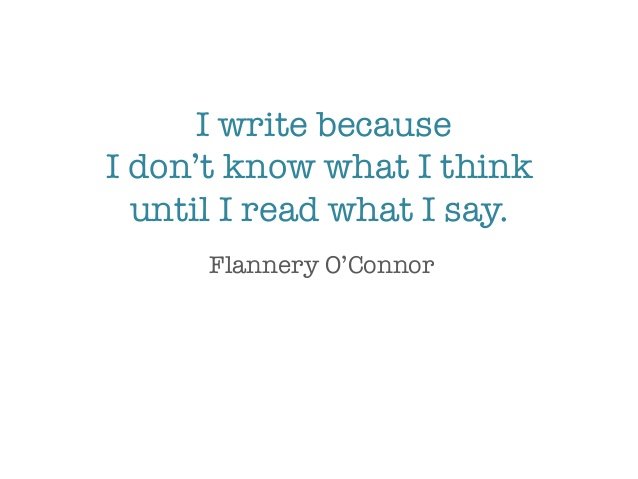Interpretative Dance to Show Our Experiences with Writing? Challenge Accepted!
When we discussed Wiley’s “The Popularity of Formulaic Writing (and Why We Need to Resist)” in-class I was very interested in asking my group about their experiences with this horrid “5 paragraph essay” that I have discussed many times in classes but that I myself had never been taught. I found out that most students who learn the 5 paragraph essay start being indoctrinated (while this is a strong word it seems to be fitting for how it is taught and continued to be taught for 6-7 years through high school) into its ideals beginning in middle school. However, I do remember learning formulaic writing strategies mostly for literature responses and being specifically instructed to never include my own thoughts or opinions; in fact, never using the word “I” in any paper or essay was shoved down my throat so many times that I was shocked when I first came to Chico State and learned that this “rule” was not at all true or helpful from a pedagogical standpoint. As Wiley explains, “The important long-term benefit for students is that they develop multiple strategies so that they do indeed have choices” (67). Formulaic writing does not prepare students for writing and I further believe that words such as “never” are not effective in teaching students writing because there are so many varying circumstances, situations, and assignments.
Even as someone who has a predisposition to do well at English I have had some difficulties with academic writing. Most significantly, as someone who was transferring from Butte College to Chico State to pursue a B.A. and then also an M.A. in English I thought that I was prepared for the writing assignments that I would encounter in the university, however, I was wrong. My first semester at Chico State I struggled with my upper GE courses because they were expecting writing from me in which I was able to integrate the ideas of sources along with my own and join in an academic conversation. At the end of this first semester I was struggling with a paper for a philosophy class that needed to be 10 pages and include the ideas of sources along with my own. I had less than 7 pages when I went to office hours to ask the instructor for help and guidance; he did not give any but, rather, just told me that what I had was written very well. Needless to say, this was not very helpful and I ended up getting a B+ in the course. This shows that with some of the skills that I already had I was able to figure out fairly quickly what exactly these teachers were expecting from me but there was still a literal learning curve to it.
In comparison to this, my experiences prior to transferring to Chico State with writing were very different. I had not written very many lengthy papers at Butte and the majority of the ones that I did write were about literature with prompts for what to write provided by the instructor. I would even say that the majority of the writing I did at Butte in various different classes was actually in the form of essay questions on exams with prompts to choose from rather than in the form of academic papers. Given the difficult time with writing in a university setting that I experienced when I first transferred and the fact that my ultimate pedagogical goal is to teach at a two-year college, I had decided before I even began graduate school that I wanted to incorporate some of these ideas into my thesis.
The reason that my blog post is rather short is because I was really intrigued when Kim said that we could even do an interpretive dance for this post. I attempted to show the experiences previously discussed through dance and, although they are both short, I ended up spending much too much time on recording the videos, then editing, and figuring out how to upload them. The first video with Michael Jackson’s “The Way You Make Me Feel” is a representation of how I felt about writing at Chico State before I transferred. The upbeat, go with the flow steps symbolize the “I got this attitude” that I had when it came to academic writing. The second video set to Michael Jackson’s “Beat It” is showing my true frustrations once I was actually doing writing at the university. The more crazy, all over the place steps and at one point head nodding turns is meant symbolize how overwhelmed and underprepared I felt that first semester at Chico State.
Some disclaimers: 1. While I have been tapping for a long time I have never recorded myself and I apologize for the poor video quality and weird angle I had to use in order to get my feet. 2. Until my boyfriend builds me a dance studio I do actually use the fireplace mantel as a ballet bar and the kitchen as a tap studio.


